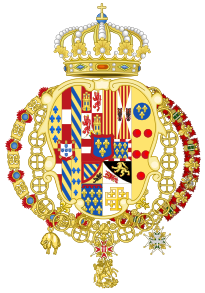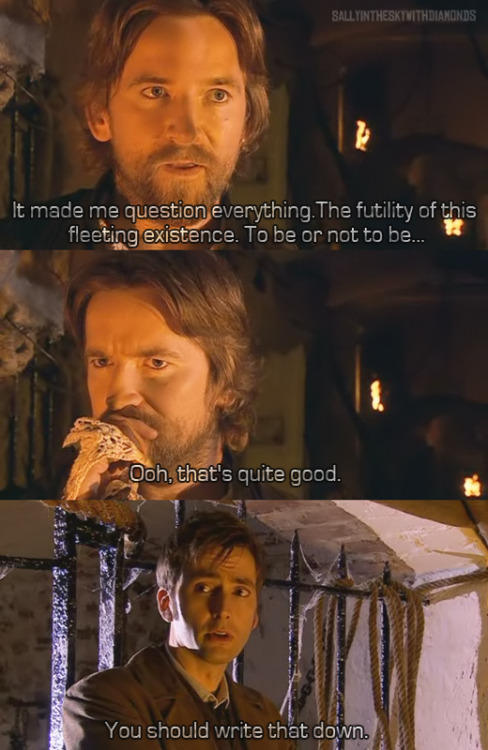This is Shylock's speech, done by Al Pacino:
And here is the blog's speech:
I am a Cyclist. Don’t Cyclists have places to be? Don’t Cyclists have friends, families,
engagements, jobs, appointments, obligations; aren’t we entitled to
the same rights, injured by the same collisions, subject
to the same laws, ticketed by the same police,
enduring the same weather and road conditions
as Drivers? If you cut us off, do we not seethe?
If you yield to us, do we not wave? If you run us over,
do we not die? And if you do not respect us on the road, shall we respect you?
If we are alike in all these other ways, we are alike in this way too.
If a Cyclist takes the lane, how do Drivers react?
With anger and aggression. If a Driver cuts off a Cyclist, what is
the driving force behind the Cyclist’s response? Aggression.
I will emulate the irresponsibility and indifference you teach me,
and take it to a whole new level – regardless of the consequences for you.
engagements, jobs, appointments, obligations; aren’t we entitled to
the same rights, injured by the same collisions, subject
to the same laws, ticketed by the same police,
enduring the same weather and road conditions
as Drivers? If you cut us off, do we not seethe?
If you yield to us, do we not wave? If you run us over,
do we not die? And if you do not respect us on the road, shall we respect you?
If we are alike in all these other ways, we are alike in this way too.
If a Cyclist takes the lane, how do Drivers react?
With anger and aggression. If a Driver cuts off a Cyclist, what is
the driving force behind the Cyclist’s response? Aggression.
I will emulate the irresponsibility and indifference you teach me,
and take it to a whole new level – regardless of the consequences for you.
The whole post is really interesting. You can read it at the link above.
And since I recently made the car to bike transition (not by choice, my car died right before I moved up to Provo this summer) I felt like I could give some insights in the driver/cyclist relationship. If you go to the blog and scroll all the way down you can read my comment. It was essentially aimed at explaining how this speech fit into the rest of the play, with Shylock, the intolerant man, asking for tolerance. I simply encouraged them not to make Shylock and Antonio's mistakes, and to be a little more tolerant yourself before asking for other people to make way.
There hasn't been a response yet, but I'll post about it as soon as I hear anything. Hopefully it'll be productive, I felt like I tried pretty hard to be considerate in my comment. I guess we'll just have to wait and see.






















